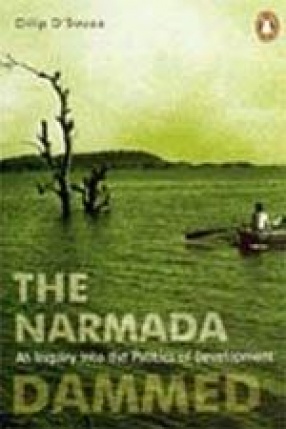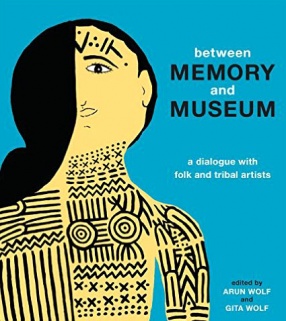With its 18 October 2000 judgment, the Supreme Court allowed construction to resume on the Sardar Sarovar dam. But controversy still rages around the dam, and any chance of debate between the widely differing opinions on it is drowned in angry rhetoric. Where does that leave the common man in the affected states, or even elsewhere in the country? Seeking answers, activist and journalist Dilip D’Souza searches beyond polemics for an understanding of the Narmada project. Analysing documents put out by the dam authorities themselves, the author builds his simple thesis–that regardless of conflicting feelings on the dam, the way it has been conceived and is being built should be a matter of grave, general concern. He finds a pervasive haziness in the way key issues recurring in this material are addressed—the statements of aims (the ‘lifeline of Kutch and Saurashtra’), the numbers of people displaced, the benefits claimed for the dam. Besides, there are innumerable contradictions in the figures presented. Further, D’Souza’s first-hand experiences among affected people only underline this gap between paper and fact, and the inescapable conclusion he reaches is that dams are being built less for solving the problems of water, floods and power, and more for the sake of politics. Such findings in themselves, besides the alternative strategies described, constitute the strongest case against dams like the Sardar Sarovar. Passionate and incisive, this book becomes a searing indictment of the type of development we have pursued since Independence.
The Narmada Dammed: An Inquiry into the Politics of Development
In stock
Free & Quick Delivery Worldwide
reviews
Bibliographic information
Title
The Narmada Dammed: An Inquiry into the Politics of Development
Author
Edition
1st ed.
Publisher
ISBN
143028650
Length
232p.
Subjects





There are no reviews yet.